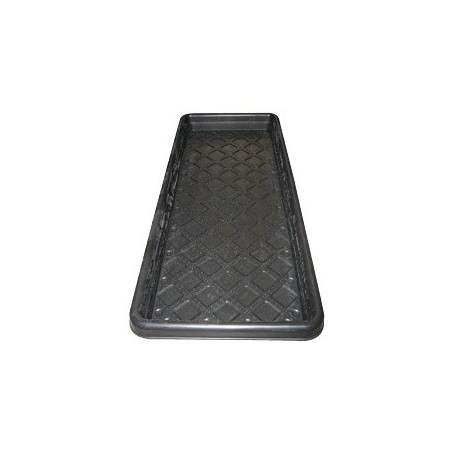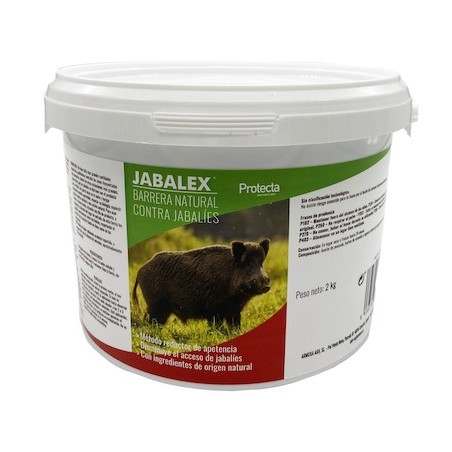South Korea's Ministry of Agriculture, Food and Rural Affairs is strengthening African swine fever (ASF) control measures as the spring season approaches. In the spring, the population of boars soars after the gestation period (April to May) and the woods grow thicker, making it harder to search and capture carcasses. At the same time, a rising number of hikers poses an additional threat as they can come in contact with ASF-affected boars.
The areas affected by ASF go beyond the Gyeonggi and Gangwon provinces. The outbreak has spread to other regions including Choongju and Boeun in North Choongcheong province (Jan. 28) and Sangju (Feb.8), Uljin (Feb. 10) and Moongyeong (Feb. 22) of the North Gyeongsang province with ASF-affected carcasses continuously found there.

Thermal drone teams, capture teams, and professional carcass search teams will be put in place in critical control areas, with the focus on capturing and searching for wild boar carcasses to prevent any additional spread of ASF. In the non-affected areas, where wild boar population density should be lowered, teams will capture the animals and search for carcasses at the same time to monitor the spread of the disease. The Ministry of Environment has set capture targets according to each city and province to reduce the population density of wild boars to 0.7 animals or less per square km in 2022.
Beginning in April, comprehensive ASF inspection on wild boars will be conducted for all the captured animals. Also, to encourage the participation of the private sector, a reward for reporting a carcass will be set to 200,000 won regardless of whether the test result is ASF-positive or negative (previously 200,000 won for a positive result and 100,000 won for negative). The reward for capturing wild boars will be increased from 200,000 won to 300,000 won if the animal is captured during the gestation period (March to May) or if it weighs over 60kg.
April 8, 2022/ Ministry of Agriculture, Food and Rural Affairs/ South Korea.
https://www.mafra.go.kr/







